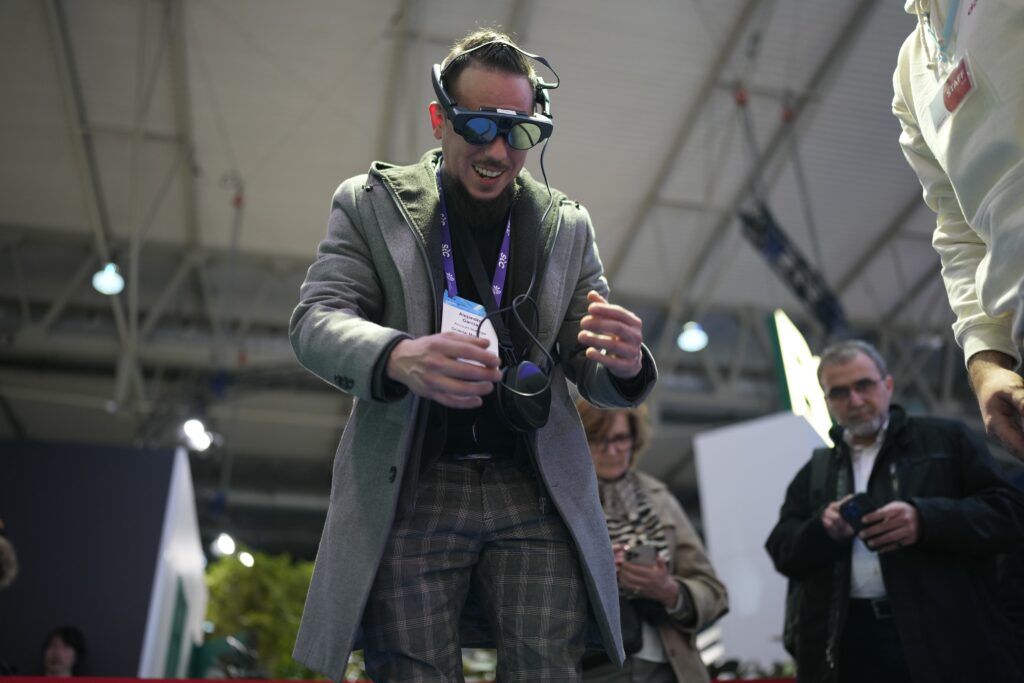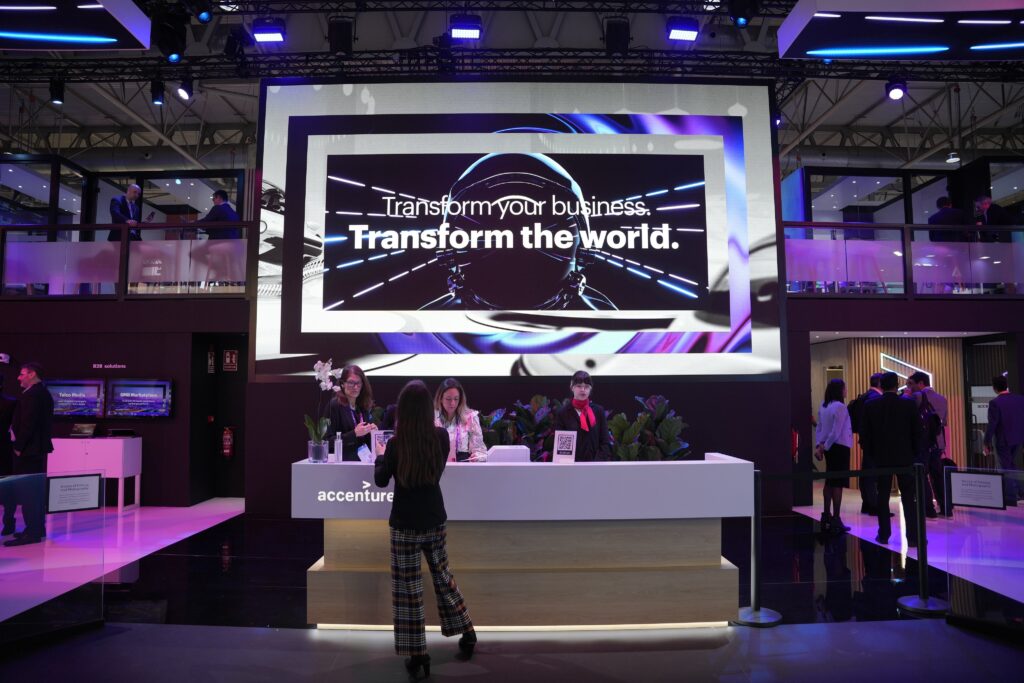The Mobile World Congress 2023 in Barcelona has come to a close, and it is time to see what it leaves behind. This just ended was as important as it was unique because it was the first post-pandemic edition. In 2020 the event was cancelled due to Covid-19. In the following two years, there was a hybrid interlude, in the summer, with few companies present and even fewer journalists arriving in Catalonia. This time it was different because, with more than 2,000 exhibitors and 88,500 attendees, including trade professionals, media and visitors (who pay an expensive ticket for access), the numbers were close to the 2019 edition, when overall attendance figures indicated by GSMA, the event organiser, were 109,000.
The centre of global connectivity
The forced hiatus has kept the transformation already underway in past years of the Barcelona trade fair, with the event becoming less and less an international stage for consumer technology as more and more companies are playing catch-up and organising an event to present their top-of-the-range smartphones. Doing so during the Catalan week, in which the media and public’s attention is distributed among the hundreds of novelties displayed on the stands, would not make sense, so Samsung, OnePlus and Oppo, although present at the MWC, have followed Apple’s example (absent as always but victorious with the iPhone 14 Pro in the award for best smartphone and disruptive device innovation for its SOS emergency service via Satellite).
Also confirming the metamorphosis taking place is John Hoffman, CEO of GSMA, according to whom “the event has grown and evolved to include an entire ecosystem“. Therefore, there is less emphasis on products and more space for new sectors, starting with mobility, automotive and startups, areas that are now closely linked to the evolution of technologies, with the focus on connectivity leading to a change in the strategy of mobile operators.


Changing perspectives
An example of this is what has been announced by SK Telecom, the Korean telecommunications giant that is investing heavily in artificial intelligence and new transport services. On the one hand, there is A., a chatbot it is testing in South Korea on music streaming and e-commerce services, and on the other, the goal of getting flying taxis off the ground by 2025. Aircraft destined to take to the skies to ensure faster urban travel, thus relieving traffic on the roads, need to connect to 5G networks in order to operate, which is why SK Telecom has entered into an agreement with the US company Jobs Aviation, which specialises in building eVTOLs.
A foretaste of what might happen in the future the Koreans offered at their stand, where one could board an air taxi and experience flying in Busan, a city in South Korea, via a visor and oscillating seats to simulate movement. We will see if and how long it will take to turn virtual into real.
China ahead
Another relevant theme of the Mobile World Congress is the absolute dominance of China. Beijing wants to take back Europe after the setback related to the ban suffered by Huawei and other companies at the hands of the United States and the subsequent pandemic that has blocked the supply chain and slowed market growth over the past two years. To get an idea of the Chinese presence, it is enough to know that 150 of the 2,000 exhibitors came from the country of the Dragon, with Huawei leading the locomotive with its nine stands spread across the halls of the Fira in Barcelona.
Looking at the US-China hi-tech challenge, such a massive Chinese presence in the heart of Europe is striking. It sends a clear message about the future Chinese intentions regarding the debate on network security and the development of 5G infrastructures, where Huawei still remains the leader ahead of all.


Barcelona will remain at the top of the European technology scene
The world’s biggest telecom industry trade show also leaves one certainty: Barcelona is and will continue to be the centre of European technology. Having arrived in Catalonia in 2006 after editions in Rome (where it started in 1990), Berlin, Lisbon, Athens, Madrid and Cannes, the Mobile World Congress will remain in the Spanish region until 2030. After resisting attempts by Milan, Munich and Paris, the Catalan capital, backed by the Spanish Ministry of Economy and Digital Transformation, has convinced GSMA, despite the rich proposals coming from Dubai. As for the event’s impact, according to the organisers’ figures, from 2011 to 2022, MWC generated €5.4 billion in economic benefits for the region, creating 141,000 part-time jobs in Barcelona.



